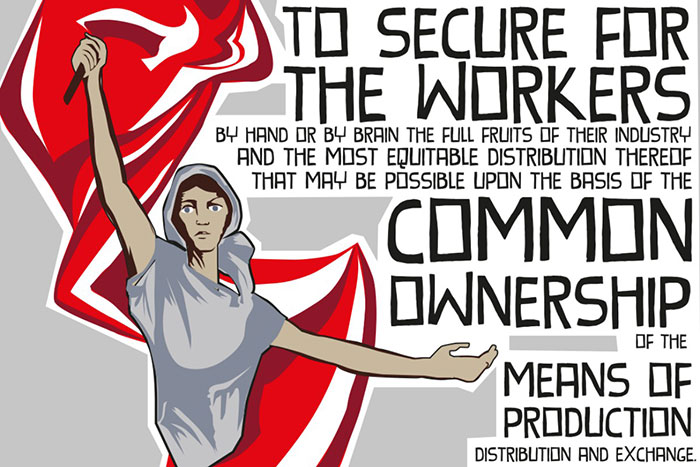British Labour Movement

The British organised Labour movement is the oldest in the world. Its pioneers created illegal revolutionary trade unions, before establishing the first workers’ party in history: the Chartist Association, which fought for the enfranchisement of working people. They later participated in the founding of the First International.
In the nineteenth century, the British labour movement built trade unions of the downtrodden, unskilled workers – those with “blistered hands and the unshorn chins,” as the Chartist Feargus O’Connor called them. Finally, Keir Hardie established a mass parliamentary party based on the trade unions in 1900: the Labour Party. After the Russian Revolution, the labour movement engaged in ferocious class battles, culminating in the General Strike of 1926.
The post-war upswing strengthened the working class. By the early 1970s, they had driven a Tory government from power, and in the 1980s unions miners waged a semi-insurrectionary (though tragically unsuccessful) struggle against the reactionary Thatcher government. The defeat of the miners, and later the dockers and print workers in the late 1980s, struck a serious blow against the trade unions, but the latest period of capitalist crisis since 2008 has seen a reinvigoration of the British Labour movement.
The election of left-winger Jeremy Corbyn as Labour leader in 2015 was a political earthquake that transformed Britain into a field of ferocious field of class struggle. The “oldest parliamentary democracy in the world” is now an open battlefield between workers and youth on one side, and an increasingly desperate and degenerate capitalist class on the other. The history of the British labour movement holds important lessons for carrying the world socialist revolution to victory.
